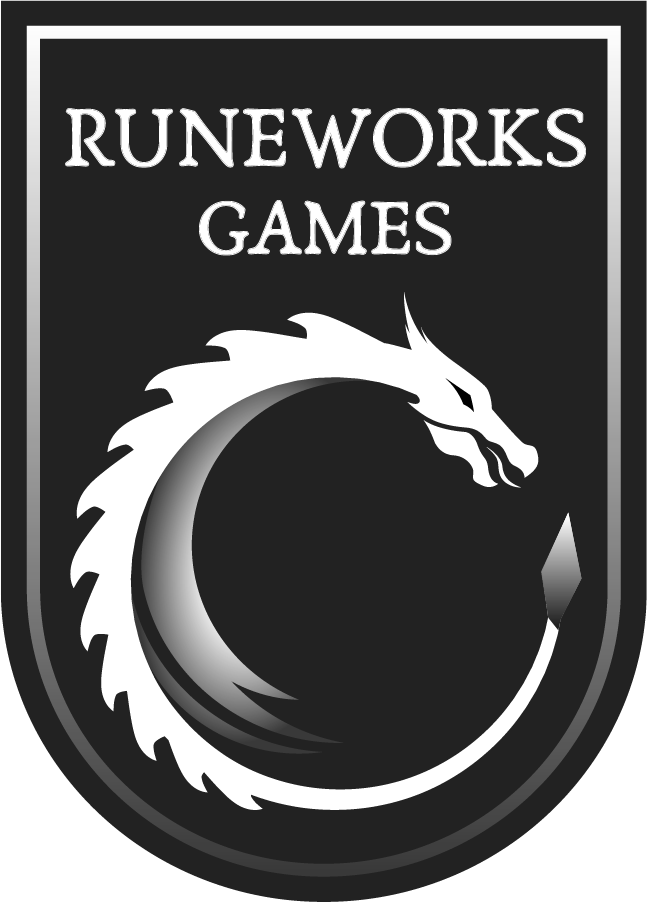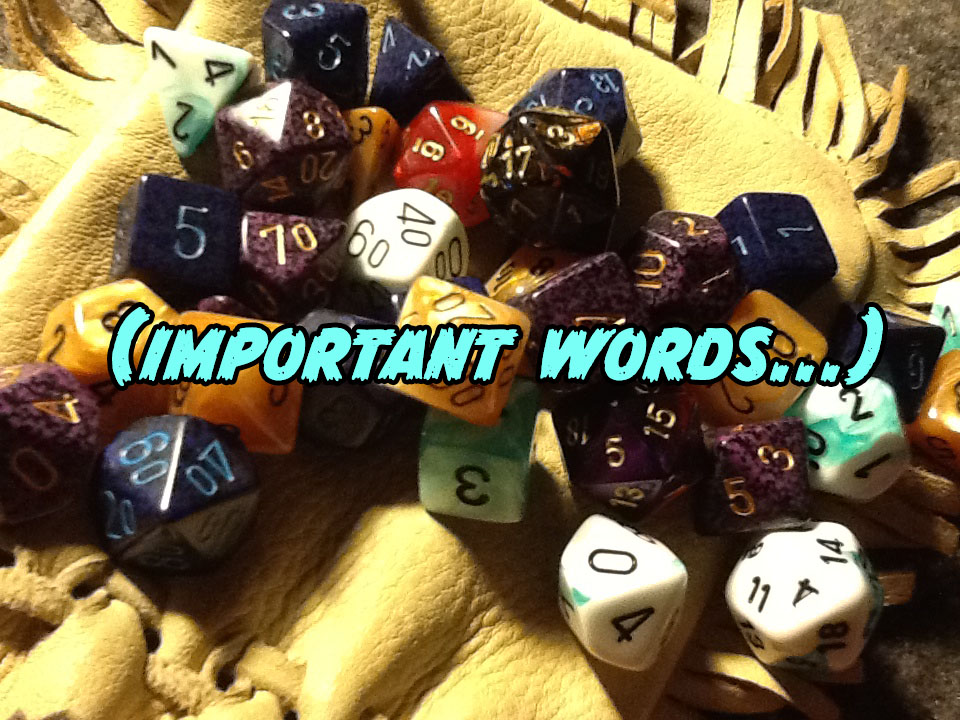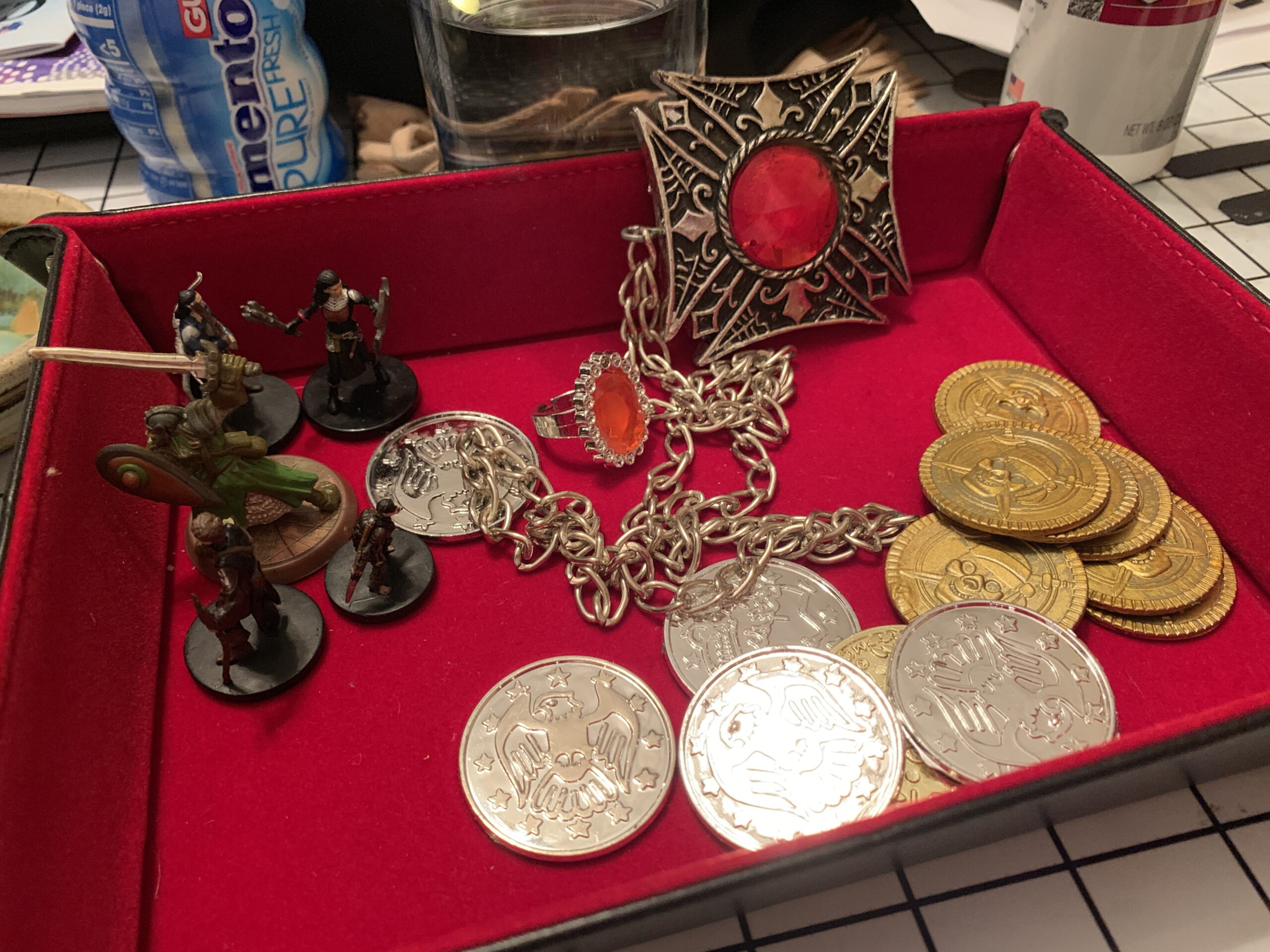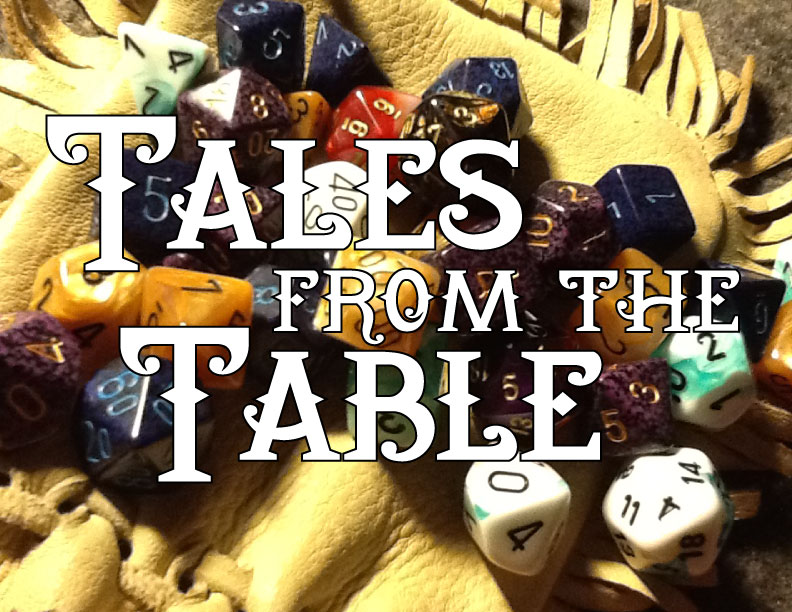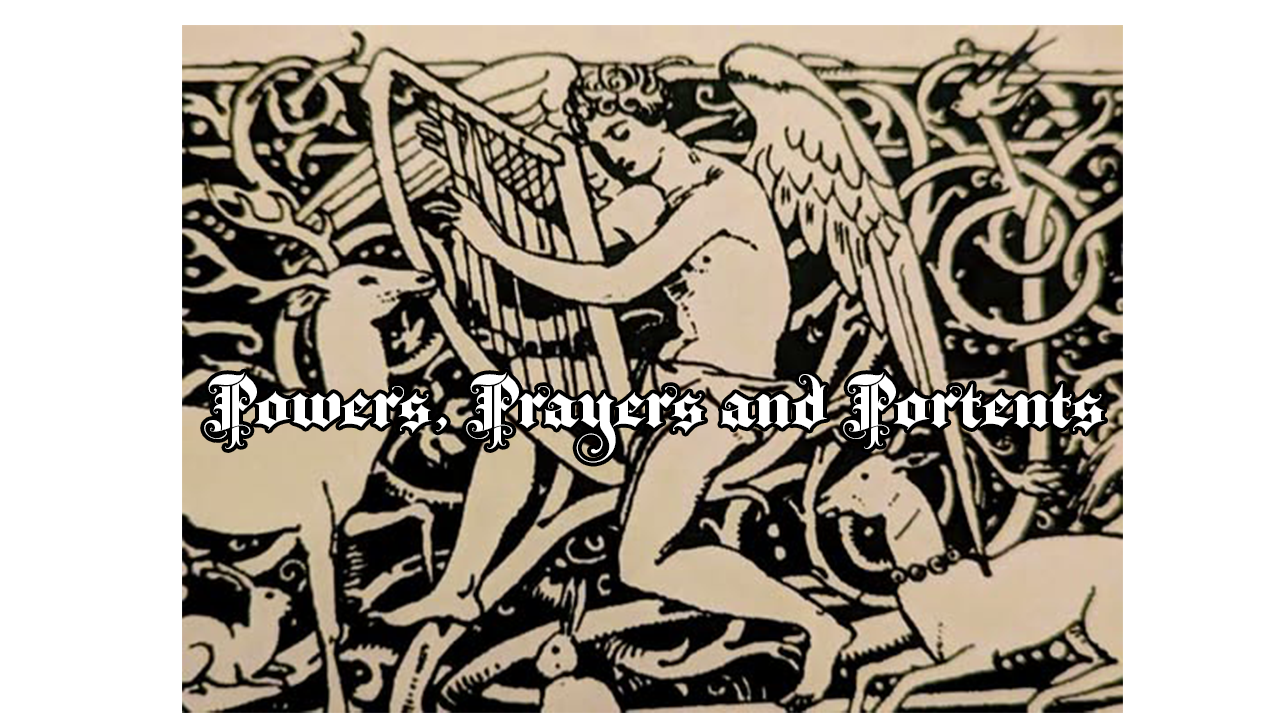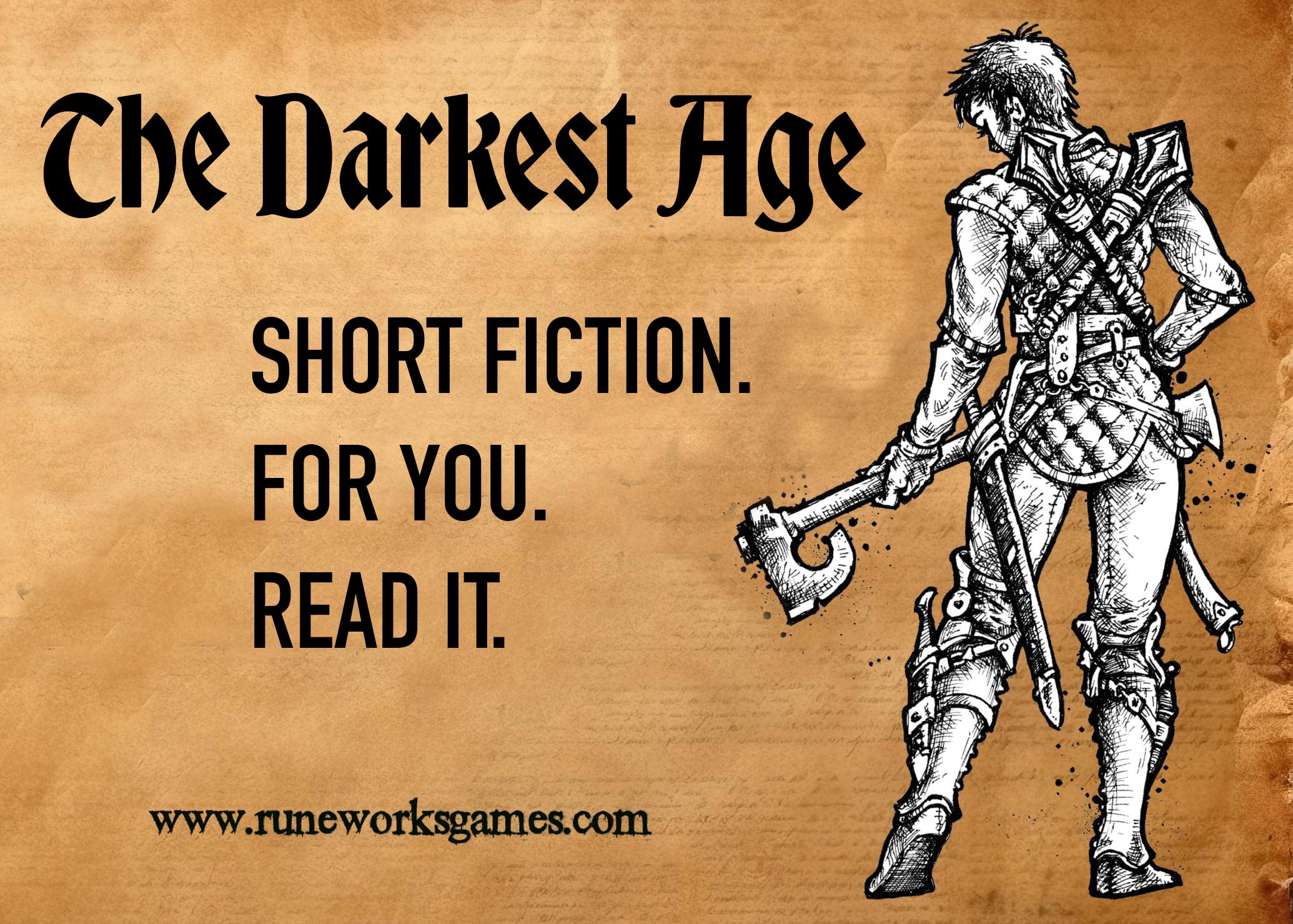A dude named Wise Seth offers insight and some easy-to-employ tips on role playing.
Role-Playing Pointers for Novice Role-Playing Gamers: How much role-playing is appropriate?
One trend I have noticed as a role-playing games enthusiast is that much of the “how to” content is designed with game masters (GMs) as the target audience. On the one hand, there is much to be said for this strategy; GMs tend to be the gamers with the most willingness to invest in improving their craft, the most time on their hands, the most knowledge, and ostensibly the most interest in this sort of content. On the other hand, simple math assures us that there are many more players than GMs, and my 25 years of GMing experience has taught me that everyone at the gaming table benefits from more knowledgeable, skilled role players. Furthermore, I have found that a few quick lessons (or even simple pointers) can inspire remarkable growth among new or novice role players. This series of short posts is geared toward educating new or novice role players regarding a few habits and policies that can help them improve quickly or help GMs train their players to be better role players.
When I’m new to a table, how much role-playing is appropriate?
The short answer is that you should always start by doing as much role-playing as you can and then adjust to what the GM and other players at the table are doing.
Many new role players have set themselves down at my table with the following logic: “I’m new to role-playing and new to this table; I’m not going to put on airs or pretend to be anything I’m not.” They roll up a character that they can “have fun” with despite not knowing much about what fun looks like in this context, and they rely on the other people at the table to step in and set guidelines when needed. Backing out of a campaign that gets “too serious” is a very real contingency for many new players, and since the first session can often inspire a new player’s love or hatred of role-playing games, I think this is a worthwhile expectation to manage.
As an experienced veteran of role-playing games, one piece of advice I offer any new or novice player at my table is that they start any new role-playing game with as much focus on role-playing their character as they can muster. The reason I say this is that it is always easy for a game master to work with a player who is role-playing too much for the game context, while it can be difficult to work with role players who are preemptively prepared for a more casual, beer and pretzels gaming experience.
When Jeff sits down and immediately becomes his character Lord Harkon Oarsbellow, the Dwarven Defender, a casual group of gamers can laugh and jeer and their characters can have some fun at the new character’s expense. If the GM wants to leave time and space for chatting at the start of the session, they can say, “Whoa whoa, hold on there, Oarsbellow, let me at least crack open a beer first!” Then, Jeff can get a feel for the table, arm his friends with some new content, and seamlessly pare down his role-playing as time goes on.
Meanwhile, when Jeff sits down as Farts McGillicuddy the Gnome Wizard and starts making farting noises behind all the NPCs at the guild meeting, a group of serious role players might face an awkward challenge trying to reign in this new addition. Most gamers, particularly older gamers, have likely had some uncomfortable experiences relating to their choice of hobby and may be uncomfortable asking for someone to take the role-playing element more seriously. Many gamers are not the best communicators in general, and may make mistakes when trying to communicate this message. I have witnessed entire tables full of gamers experience a sort of culture clash when a new gamer sits down, seizes control of the narrative space, and inadvertently sabotages the party’s endeavor to convince the King that there are Goblins burrowing beneath the Red Citadel with repeated flatulence sound effects.
Pointers:
While it is not always appropriate to confer with other members of the party (if they are in a different room, if your character is deafened, etc.), it is always appropriate to ask what your character knows about a situation and let your character’s knowledge inform your decision making. “I didn’t know ___” is technically only an excuse if your character wouldn’t have known it!
Before you roll a character, I recommend talking to the other players about their character’s agendas, history, and recent adventures. This can inform the character creation process and help you figure out fun ways to fit in!
Taking an extra 30 minutes to have a conversation with the GM before you begin a new role-playing game can mean an awful lot to a GM and can improve their chances of weaving your character’s story in with the story of the game. Don’t wait for the GM to ask you; go ask the GM when they are free to meet!
Sometimes taking just 15 minutes to “warm up” and get in the right role playing head space before the session is enough to turn a slow, boring session into a fun, funny, and/or exciting one!
